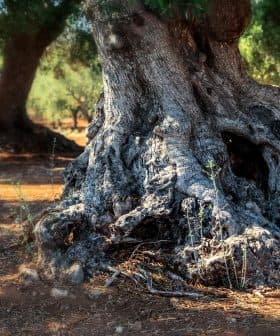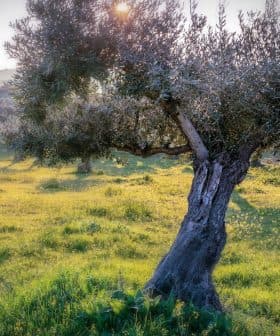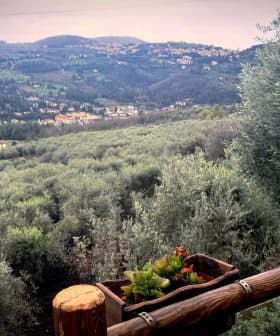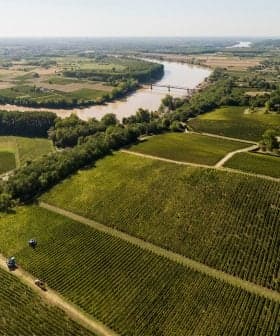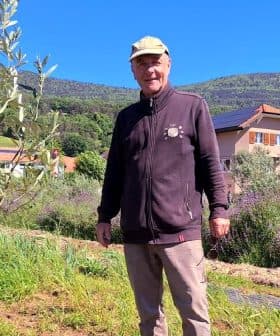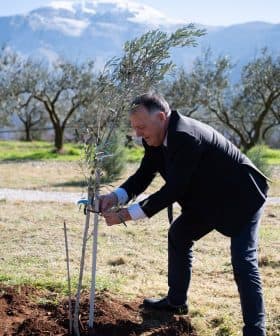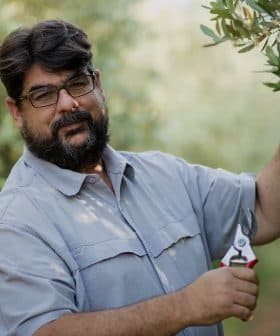Olive Farmers in Pakistan Seek Government Assistance to Scale Production
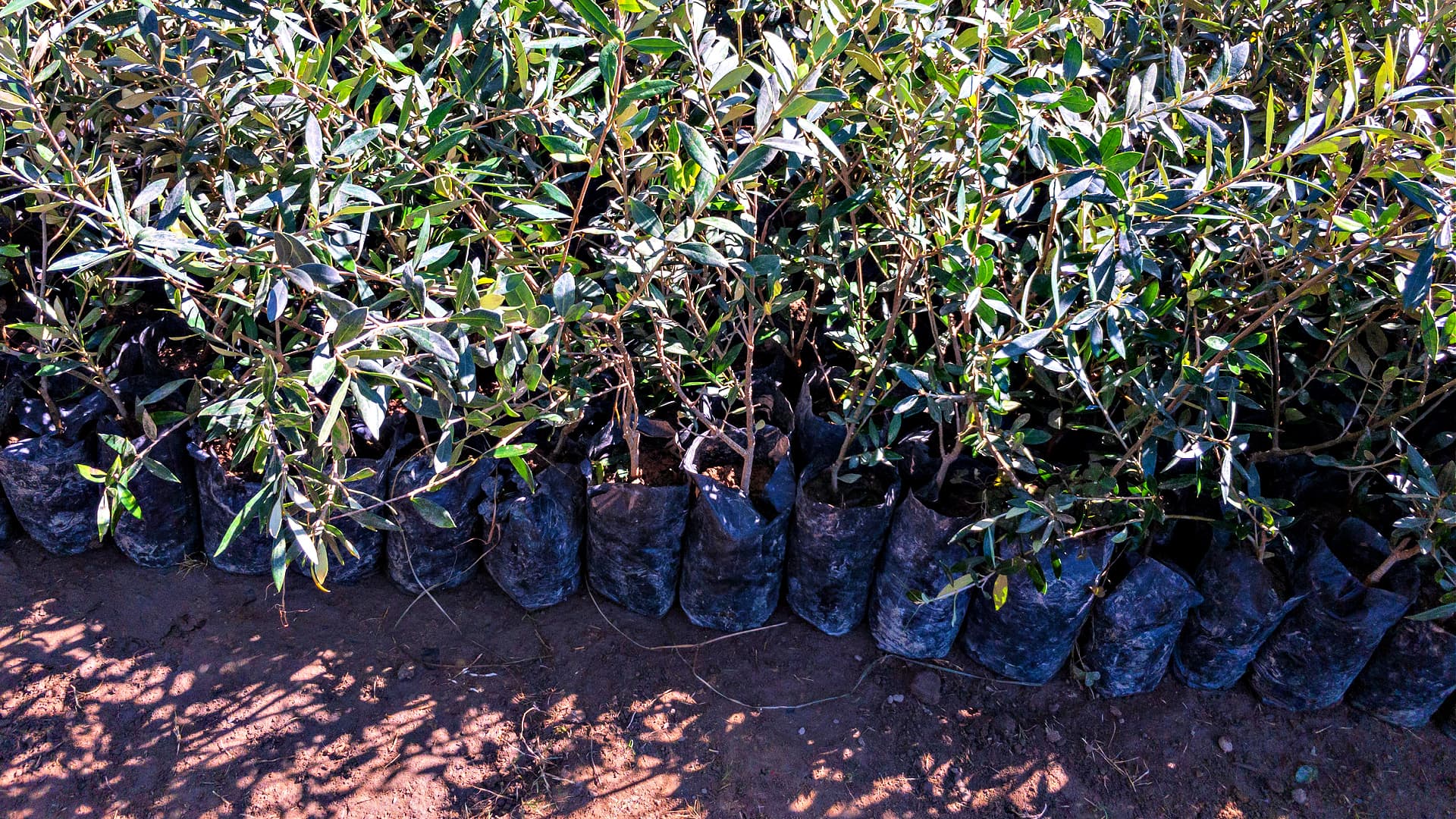
Olive farmers in Pakistan seek more government support to expand their olive oil production, with plans to plant 10 million olive trees across the country as part of an initiative to become self-sufficient in olive oil. Pioneering farmer Basit Shakeel Hashmi has successfully transitioned to growing olives on his land, selling his extra virgin olive oil locally and believing that Pakistan can meet its olive oil consumption needs without relying on imports in the near future.
Olive farmers in Pakistan value their fruits as a “cash crop” but expect more support from the government to help them scale up their olive oil production to a commercial scale.
As part of its olive cultivation initiative, Pakistan plans to plant 10 million olive trees across the country to become self-sufficient in olive oil production.
Hopefully, in two to three years, Pakistan will substitute its import of olive oil with its local production with this massive scale cultivation of olives and its oil production in the country.
Basit Shakeel Hashmi, a pioneering olive farmer from the country’s largest agricultural province, Punjab, is bullish about the future of olives in the South Asian country.
Six years ago, he switched from growing wheat and maize, traditional crops in the region, to planting olive trees.
See Also:Pakistan Set to Become Olive Council MemberHe told Olive Oil Times that he decided to grow olives because he was earning less from traditional crops due to the uneven terrain. He started growing olives when the provincial government of Punjab started its olive cultivation program.
In his home district of Chakwal, Hashmi planted 18,000 olive trees on 100 hectares of land, including barren and uneven tracts. Now, 90 percent of his trees are bearing fruit, and Hashmi sells his extra virgin olive oil for €18 per liter at the local market.
“My land has become gold since I turned it to olive farms,” he said. “Just 5,000 olive trees lead to enough oil production that helps a farmer earn more than €18,000 annually, which is a handsome amount for an agriculturalist.”
Hashmi added that it was not an easy task for him due to uneven tracts in the land where he had to install a drip irrigation system following the advice of the government’s experts on olive cultivation.
Later on, he decided to try something a bit different and excavated the area to flatten the land and planted more olive trees.
Hashmi had grown the olive plants imported from Spain and purchased them with the help of government subsidies. Now he grows six varieties, among them Arbequina and Koroneiki.
Dozens of other farmers in the region are also following in his footsteps and planting olives.
Officials from the national program for the promotion of olives and farmers are convinced that the promotion of olive cultivation at a massive scale on barren land will end the country’s dependency on imported olive oil.
Figures from TrendEconomy, a trade database, show Pakistan imported more than €10 million of olive oil in 2020, the last year for which data are available.
Muhammad Ramzan Ansar, an agronomist at the Barani Agriculture Research Institute (BARI), told Olive Oil Times that the institute has helped farmers plant 1.3 million trees from 2016 to 2021.
He and other officials in the sector say the production potential of current plantations is about 1,400 tons annually and is expected to keep rising as more trees are planted.
Ramzan said the first olive research and training center is being established at BARI Chakwal to advise olive growers and oil producers.
Ramzan added that the quality of olive oil produced in the region is improving and attracting customers.
However, Hashmi warned that caring for the trees for the initial two years, before they enter productivity, is very costly for farmers and, therefore, difficult to sustain.
Though the government encourages olive farming in the country, many still need more support to install drip irrigation systems and other infrastructure to grow olives profitably.
Once Hashmi harvests his olives, he takes them to a government-run mill at BARI. He said most farmers are dependent on the government’s mills to produce their olive oil.
Few farmers have the capital or the knowledge to build their own mills, which producers globally have attributed to higher quality production.
However, Hashmi believes that Pakistan will soon be able to meet its consumption needs without relying on imports if current policies continue.
Muhammad Tariq, the national project director at the Ministry of National Food Security and Research, said there are 26 mills in the country. They can produce an average of 600 kilograms of olive oil per hour.
He added that the government is covering 67 percent of the costs of purchasing new olive trees and helping farmers install drip irrigation systems.
“Hopefully, in two to three years, Pakistan will substitute its import of olive oil with its local production with this massive scale cultivation of olives and its oil production in the country,” he concluded.


